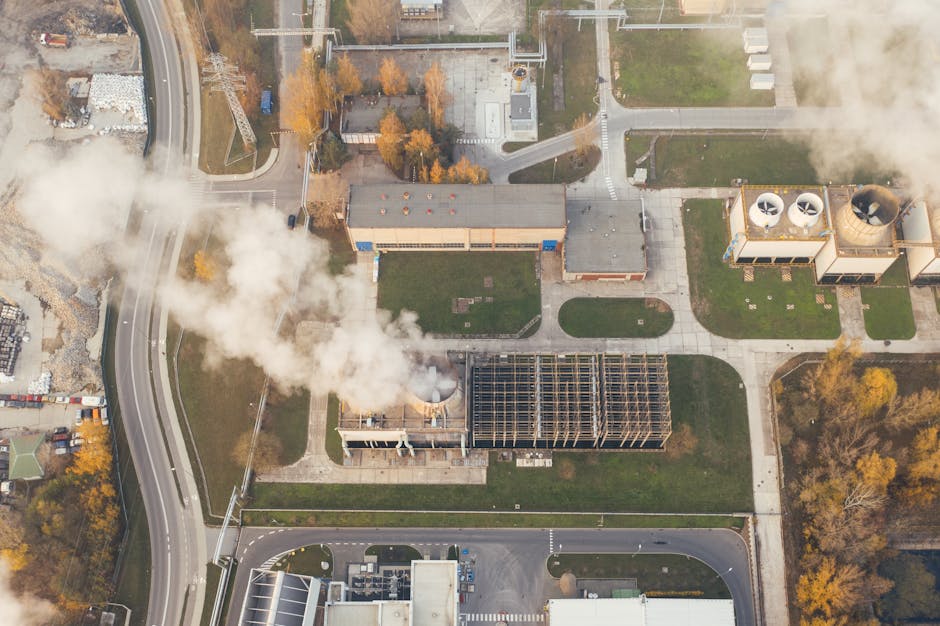Climate Change News: Urgent Updates, Impacts, and Solutions for a Changing World
The Urgency of Climate Change News
Climate change is no longer a distant threat; it’s a present reality impacting every corner of the globe. From rising sea levels and extreme weather events to biodiversity loss and food insecurity, the consequences are far-reaching and deeply concerning. Staying informed about the latest climate change news is crucial for understanding the challenges we face and fostering collective action towards solutions. This comprehensive overview delves into the most pressing issues, examining recent developments, their implications, and potential pathways towards a more sustainable future.
Recent Climate Change News: A Global Perspective
The past year has witnessed a relentless barrage of climate-related events, underscoring the accelerating pace of global warming. Record-breaking heatwaves have scorched continents, wildfires have ravaged vast landscapes, and intense storms have devastated communities. The scientific consensus remains unequivocal: human activities, primarily the burning of fossil fuels, are the primary driver of this crisis. News reports consistently highlight alarming trends, including:
- Rising global temperatures: Each year brings new records, pushing us closer to irreversible tipping points.
- Melting glaciers and ice sheets: The accelerated melting of polar ice contributes significantly to rising sea levels, threatening coastal communities and ecosystems.
- Ocean acidification: The absorption of excess carbon dioxide by the oceans is harming marine life and disrupting delicate ecosystems.
- Extreme weather events: The frequency and intensity of hurricanes, droughts, floods, and heatwaves are increasing, causing widespread devastation and displacement.
- Biodiversity loss: Climate change is driving species extinction at an alarming rate, threatening the stability of ecosystems worldwide.
The Impacts of Climate Change: A Multifaceted Crisis
The consequences of climate change are not confined to environmental degradation. They ripple through every aspect of human society, impacting:
Economic Impacts:
Climate change poses a significant threat to global economic stability. Extreme weather events can disrupt supply chains, damage infrastructure, and reduce agricultural yields, leading to economic losses and increased poverty. The cost of adaptation and mitigation measures also represents a substantial financial burden.
Social Impacts:
The social impacts of climate change are profound, exacerbating existing inequalities and creating new challenges. Climate-related displacement and migration can lead to social unrest and conflict. Vulnerable populations, particularly those in developing countries, are disproportionately affected by the impacts of climate change.

Health Impacts:
Climate change is a serious threat to public health. Extreme heatwaves can cause heatstroke and other heat-related illnesses. Changes in rainfall patterns can lead to waterborne diseases and the spread of infectious diseases. Air pollution exacerbated by climate change poses significant respiratory risks.
Climate Change Solutions: A Call to Action
Addressing the climate crisis requires immediate and concerted action on multiple fronts. The latest climate change news underscores the urgency of implementing effective mitigation and adaptation strategies. Key solutions include:

Transitioning to Renewable Energy:
Shifting away from fossil fuels towards renewable energy sources, such as solar, wind, and hydro power, is critical for reducing greenhouse gas emissions. Investing in renewable energy infrastructure and technologies is essential for achieving a sustainable energy future.
Improving Energy Efficiency:
Reducing energy consumption through improved energy efficiency measures in buildings, transportation, and industry can significantly lower greenhouse gas emissions. This includes adopting energy-efficient technologies and promoting sustainable practices.
Sustainable Transportation:
The transportation sector is a major source of greenhouse gas emissions. Promoting public transportation, cycling, and walking, as well as transitioning to electric vehicles, can significantly reduce its environmental impact.
Sustainable Agriculture and Land Use:
Agriculture plays a significant role in greenhouse gas emissions and deforestation. Sustainable agricultural practices, such as agroforestry and conservation tillage, can reduce emissions and enhance carbon sequestration. Protecting and restoring forests is crucial for carbon sequestration and biodiversity conservation.
Carbon Capture and Storage:
Carbon capture and storage technologies can help reduce emissions from power plants and industrial facilities. While still under development, these technologies hold promise for mitigating greenhouse gas emissions.

Climate Change Adaptation:
Given the unavoidable impacts of climate change, adaptation strategies are crucial for building resilience and protecting vulnerable communities. This includes investing in infrastructure that is resilient to extreme weather events, developing drought-resistant crops, and implementing early warning systems for natural disasters.
The Role of Policy and International Cooperation
Effective climate action requires strong policy frameworks and international cooperation. Governments play a critical role in setting emission reduction targets, implementing climate policies, and providing financial and technological support for developing countries. International agreements, such as the Paris Agreement, are essential for coordinating global efforts to address climate change.
The Importance of Individual Action
While governments and corporations have a crucial role to play, individual actions also matter. Making conscious choices in our daily lives, such as reducing our carbon footprint, adopting sustainable consumption patterns, and advocating for climate action, can collectively make a significant difference.
Staying Informed: The Power of Climate Change News
Staying informed about the latest climate change news is critical for understanding the challenges we face and fostering collective action towards solutions. By engaging with reliable sources of information, we can contribute to a more informed and engaged citizenry capable of driving the necessary changes for a sustainable future. Continuous monitoring of scientific findings, policy developments, and societal responses is essential for effective action. The future of our planet hinges on our ability to collectively address the climate crisis with urgency and determination.
Conclusion: A Shared Responsibility
Climate change is a global crisis demanding urgent and collaborative action. The latest climate change news paints a picture of increasing urgency, highlighting the far-reaching impacts of inaction. However, it also showcases the growing momentum towards solutions, demonstrating the power of collective action. By embracing innovation, fostering collaboration, and prioritizing sustainability, we can navigate the challenges ahead and build a more resilient and sustainable future for all.





